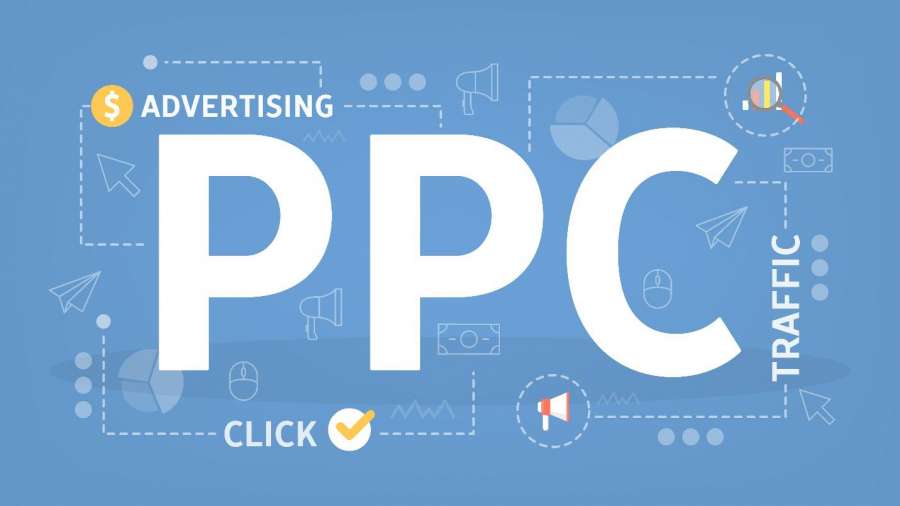How to Improve PPC Performance for More Leads and Sales
PPC is often a lynchpin of any digital marketing campaign so many people will be wondering how to improve PPC performance. In many cases, PPC is the main, or even the sole, source of traffic so ensuring good quality and reasonable volume of traffic from PPC is essential.
Still, it’s not uncommon for people to be left scratching their heads at under-performance not knowing what to do about it. The problem can be the quality score of your ads, incorrect target audience, not using the most efficient bidding strategy or even unappealing landing pages.
The good news is that the solution is often simpler than you might think. Below we look at some of the most effective ways to enhance your campaign.
Target More Specific Keywords
Are you getting lots of traffic with low click or conversion rates? One way to overcome this is to be more specific with your keywords to help ensure you get the right kind of traffic to your site. One way to achieve this is with long-tail keywords. These are longer and more specific and are only likely to be used by people looking for the exact products and services you provide.
There is a downside to this which is that you’ll likely have less traffic coming your way but the upturn in quality should still result in more leads and sales. Also, remember to set up conversion tracking and focus on the keywords that are performing well for you.
Avoid Broad Match Types
People wondering how to optimize your PPC campaigns will often find the solution lies with their keyword matching selections. When using Google ads, the broad match type is set as the default and a lot of people leave it as it is. This will likely lead to poor-quality traffic, however.
Broad match type will cause your ads to be shown even by search terms that have a vague association with the ones you selected. This means a lot of people clicking on your ads have no interest in what you are offering.
This can be avoided by using a phrase match or an exact match. If you use exact match keywords, then your ads will only be shown to somebody who searches using the keywords exactly as you specify them. A phrase match is a compromise between a broad match and an exact match, providing a balance between quality and quantity. Always ensure you use keywords with high search volume to get more traffic.
Write Clear-Ad Copy
A fairly common mistake is to create ads that are clever and catchy but don’t clearly explain what is on offer. While it is a good thing to be creative and try to grab peoples’ attention, it should not be at the expense of clarity. When you are writing ads, try and put yourself in your prospect’s shoes and ask yourself if the ad is clear and makes sense. Do not forget to add a compelling call to action in each PPC ad to encourage clicks and conversions.
People wondering how to improve PPC performance should also use ad extensions if they’re not already. Ad extensions allow you to add extra information to your PPC account ads and they can be very effective at enhancing your campaign.
Perhaps the most popular example is called extensions. These allow you to add your phone number to your ad and people can click on the number to call you directly. This helps encourage more people to get in touch with you and it also improves your Click-through Rate (CTR). An improved CTR rate helps your ads to rank well more frequently and also decreases how much you pay for each click.
Conduct A/B Testing Of PPC Elements
Even seasoned experts wondering how to improve PPC performance will often look to A/B testing. A/B testing allows you to create new ads using different copy and keywords etc. and test them against other configurations.
When you have found a configuration that works better than your existing one, use the new one instead, and then create another new configuration to test to look for more improvements still. It’s an ongoing process so you can be continually fine-tuning your campaign to get the best performance out of the PPC advertising.
Use Negative Keywords
Some search engine traffic coming your way will come from people who have an interest related to your product, but no interest in actually buying it. For example: If you are selling iPhones, you might get some people coming to your site looking for iPhone repairs, which is not of much use to you if you don’t offer that service.
One way to overcome this is to create a list of negative keywords. They are keywords that you do not want triggering ads. So, in the iPhone example, this means using negative keywords like ‘iPhone repair’. This will clearly help to reduce the volume of unqualified traffic coming your way, lowering wasted ad spend and increasing conversion rates.
It’s very easy to add negative keywords to your list. Check to see which search queries are bringing people to your site, select them, and click on ‘add negative keywords’ from the keywords and targeting menu. Once added, those keywords will no longer send traffic your way.
Conclusion
If you are wondering how to improve PPC performance, the good news is that the answer is often quite straightforward. In many cases, even a fairly simple adjustment to a campaign can make a considerable difference. Above are just a few examples of how a PPC campaign can be improved and they are usually relatively straightforward to implement.



